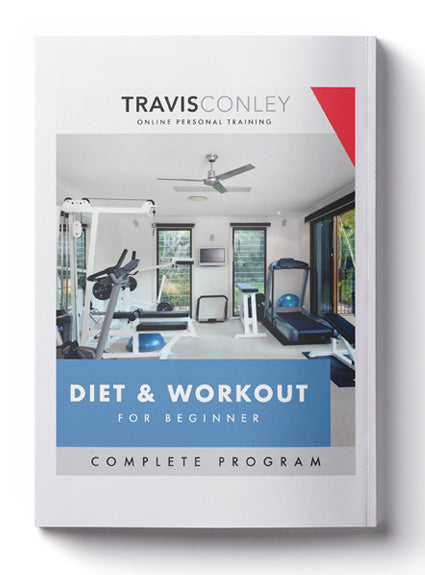

No one ever wants to have to deal with the pain or setback of an injury, but the reality is at any level of activity or fitness, and especially at the higher level, injuries happen. Now, you can easily prevent most injuries with proper technique, a relative pace and thorough warm-up, but at the same time, accidents and injuries happen. It is part of the game, part of pushing the human body and boundaries. How you react to injury is what can be drastically different. Injuries force us into situations to find out things about ourselves we otherwise would have never known, to learn new things, so in a strong way, injuries are a good thing.
Now there are several ways in which injuries can teach us to improve (different area of the body, techniques, mindset) elements about ourselves, but the focus of this piece is on nutrition and how it plays into injury recovery. Whether from injury or surgery, there are three stages of recovery:
1. Inflammation - swelling, pain, redness and heat
2. Proliferation - damaged tissues removed, new blood flow and temporary repair tissue is formed
3. Remodeling - permanent, stronger tissue is built
Reducing inflammation overall for the entire body is the key to aiding a healthier system. Many, in fact most diseases and ailments thrive in inflammatory rich environments, or from staying in the inflammation stage much too long. Focusing on consuming anti-inflammatory foods at all times, especially during times of injury recovery is a must to expedite the healing process.
Stage 1: Inflammation
What to Eat
- Avocados
- Olive oil
- Salmon (and other fatty fish)
- Nuts and seeds
- Flax seed or flax oil
- Fish oil
What Not to Eat
- Processed foods (deli meats, crackers, anything boxed or packaged)
- Foods high in saturated fats
- Vegetable oils
- Trans Fats (read the ingredients list for "hydrogenated oil" or partially "hydrogenated oil")
Herbs and Spices Supplementation
- Turmeric or Curry Powder: 7tsp a day or 400-600mg curcumin daily
- Garlic 2-4: cloves a day or 600-1200mg garlic extract
- Bromelain: 2 cups pineapple a day or 500-1000mg
- Cocoa, tea and berries: eat daily or supplement with blueberry or grape, green tea, citrus extracts
Stages 2 and 3: Proliferation & Remodeling
What to Eat
- Protein: unprocessed meats, beans, eggs, plant-based proteins, whey protein
- Fats: balance saturated, monounsaturated and polyunstaturated
- Fruits and Veggies: eat lots of color, lots of variety of fresh and/or frozen
- Carbs: Eat less than you would as if you were training and in activity. steel cut oats, brown rice, quinoa, sweet potatoes, Ezekiel bread 
Supplementation
- Vitamin A 10,000IU day
- Vitamin C 1-2g day
- Copper 2-4mg day
- Zinc 20-40mg day
- Arginine (blood flow, nutrient delivery)
- HMB (from leucine)
- Glutamine (the body's most abundant amino acid)
Use injury as a time to regenerate and come back stronger than ever before! At the core of this strategy is the nutrition I just laid out. Use it to fuel your body's systems and enhance a positive mental attitude. Never let an injury take you out of the game for good again!
Other Noted Resources: precisionnutrition.com and "Train to Win", Chapter 29 by Martin Rooney
Leave a comment (all fields required)
Comments will be approved before showing up.


